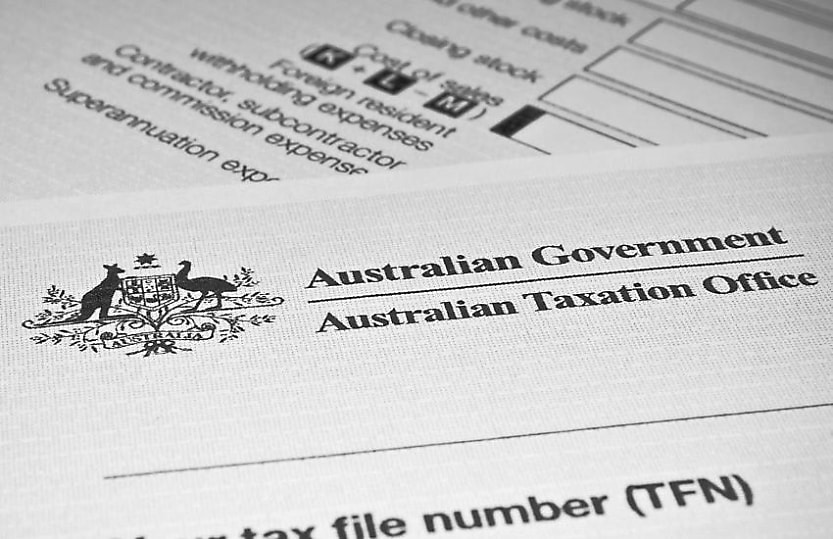Wrongful R&D tax claims cost software start-up $900k

Software firm Plutora’s entry into voluntary administration highlights the importance of complying with the ATO’s RDTI aggregated revenue rules.
The Australian branch of software start-up, Plutora, has entered voluntary administration following a dispute over its research and development tax entitlements with the ATO.
A spokesperson from Salea Advisory, the firm’s administrator, told Accounting Times the ATO has demanded $900,000 in repayments.
The fate of the Australian firm lies now in the hands of its creditors, who will vote on a deed of company arrangement (DOCA) to be drafted by the firm's co-founder and chief executive, Dalibor Siroky. The firm will continue to trade up until that date and, with the approval of its creditors, beyond, the spokesperson said.
While little is known about the timeline of the administration, The Australian Financial Review quoted Plutora’s founder as saying the firm's restructuring had been “triggered” by the ATO’s decision.
The vast majority of the firm’s $37 million in debt is owed not to the ATO but to a single related party. Another secured creditor is owed $5 million while several employees are also owed outstanding payments.
Macquarie Capital owned a 45 per cent stake in the company, having invested a total of $46 million. In handing over so large a share of the firm’s control to Macquarie, it effectively sacrificed its refundable tax offset.
The research and developing tax incentive (RDTI) offset program offers refundable tax offsets only for companies with aggregated turnovers of less than $20 million per year.
Eligible entities with turnovers above $20 million are entitled to a non-refundable tax offset equal to their company tax rate plus a two-tiered premium.
In other words, the refundable version of the RDTI is available only to companies with aggregated turnovers of below $20 million per year.
By granting Macquarie Capital a 46 per cent share of the firm, its aggregated turnover needed to reflect, to some degree, not just its own revenues, but those of the investor.
In the eyes of the ATO, this pushed the firm’s turnover beyond the allowable limit for companies entitled to the refundable RDTI offset.
In February, Macquarie Capital sold its share back to Plutora for the nominal sum of $1 though Siroky disputes this figure, according to News.com.
The firm's creditors will have five days to vote on the future of the company once they receive a report containing Siroky's DOCA.
In its most recent budget, the federal government set aside $3.4 billion for businesses undertaking research activities through the RDTI scheme.
Following the announcement, the ATO released two taxpayer alerts warning against misuse of the scheme.
Those alerts targeted unmeritorious claims for non-research activities, however, the Plutora example highlights the importance of ensuring a claiming entity falls within the range of captured entities.
As noted by Jack Qi, director of tax services at William Buck, calculating aggregated revenues can be a complicated process for companies with major shareholders.
“A rule of thumb for startup founders and CFOs is that whenever a shareholder’s interest reaches 40 per cent – and this includes the founder – tax advice should be sought on how the shareholder’s revenues and other investments affect the startup’s RDTI,” he wrote.
About the author

